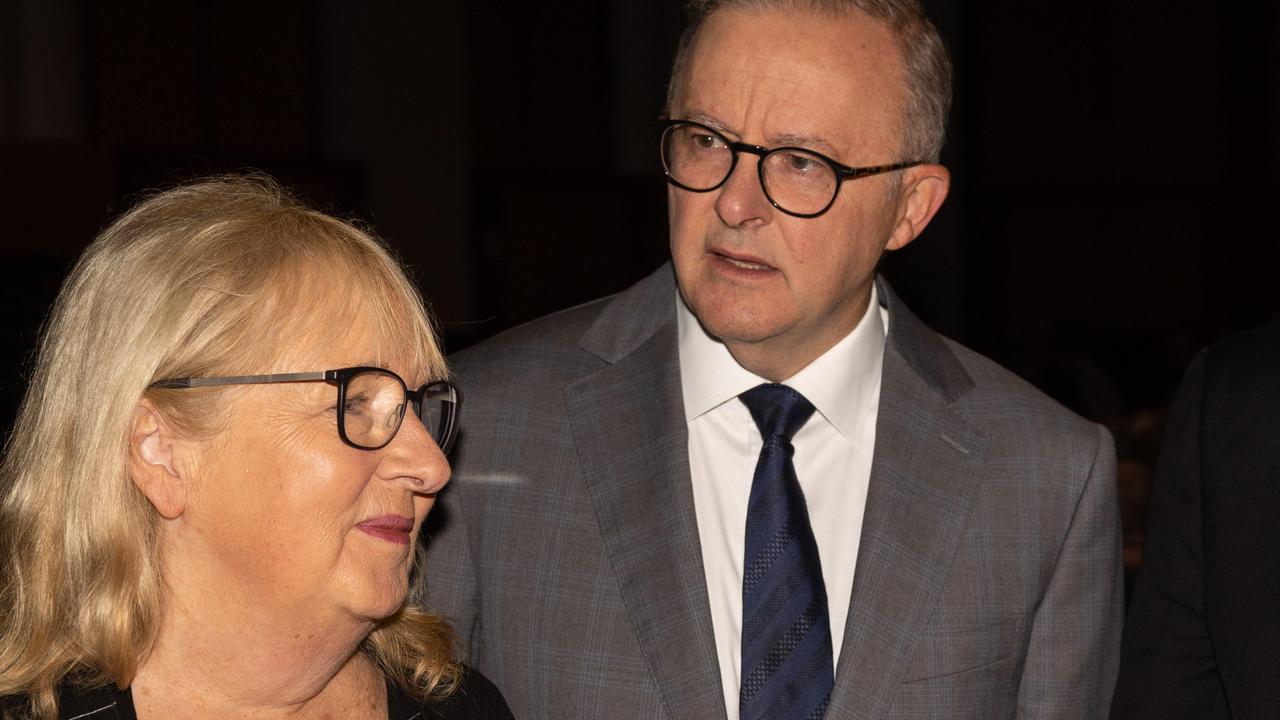‘Do more’: Group of 99 women call for PM Anthony Albanese to raise Jobseeker, Youth Allowance in Budget
As the government puts its finishing touches on next week’s budget, one group of Australians is pleading with them to do something that ‘cannot wait’.
A group of 99 prominent Australian women have written a letter to Anthony Albanese, demanding his government take meaningful action on the country’s lacklustre social security payments in this month’s budget.
The group – leaders from the business, politics, community services and Indigenous affairs sectors – called on the Prime Minister to deliver “a substantial increase to Jobseeker and Youth Allowance” in this federal budget.
The urgent plea comes amid mounting pressure on the government to do more to address gender-based violence, and follows a group of leading economists last week calling on Labor to bolster Jobseeker or risk “entrenching disadvantage”
The government-appointed Economic Inclusion Advisory Committee made lifting the rates its priority recommendation in its 2024 report.
“Women escaping violence need to know that there will be a decent social security net for them,” Jenny Macklin – chair of the committee and former Labor MP – wrote in the new letter.

Also among the signatures are Chief Executive Women president Susan Lloyd-Hurwitz, former Indi MP Cathy McGowan, Aboriginal and Torres Strait Islander social justice commissioner June Oscar, and education union president Correna Haythorpe.
An estimated 500,000 women receive the Jobseeker payment, currently at $55 a day, and Youth Allowance, currently at $45 a day.
The group wrote “fixing the adequacy of Jobseeker and Youth Allowance to deliver basic economic security for women cannot wait”.
Last year, the government made changes to the single parenting payment, ensuring payments continued until the youngest child was 14, up from eight.
In their letter, the group said that had been “most welcome”, but there remained “large numbers of women of all ages in receipt of Jobseeker and other working-age payments that are simply not enough to cover basic costs”.

“For First Nations women, for women from diverse backgrounds, for women from all backgrounds, the impacts of poverty on the ability to leave violence and live in safety is profound.
“No one should be forced to live in poverty. The evidence is clear, a key reason that women are unable to leave violence is because they do not have economic security”.
Mr Albanese himself has recognised that, and said as much when he last week announced an extension to the Escaping Violence Payment, worth up to $5000 for eligible applicants who are trying to leave or have recently left an abusive relationship.
“We understand the insidious links between financial insecurity and stress and vulnerability to family and domestic violence,” he said on Wednesday.
“Too often, financial insecurity can be a barrier to escaping violence.”
But given applicants only receive an upfront cash payment of $1500, with the other $3500 provided by way of goods and services, the letter told him women “need to know they will have basic economic security over the longer term”.
“Lifting social security payments will not negate the need to invest in frontline services and take the other critical steps to achieve women’s safety. However, it is a core part of ensuring women can do what they need to do in order to be safe,” the letter concludes.

On Sunday, Finance Minister Katy Gallagher, also the Women’s Minister, would not be drawn on whether the government would or wouldn’t raise social security payments.
“We look across the board at what is possible,” she told ABC’s Insiders.
“But we’ve made no secret that we want to make sure … we are driving economic equality for women. Women do experience financial insecurity.
“And so, part of the answer is the payment system.
“Every budget, we have a look at what we can do with the payment system to make sure that we are providing as much support as we can to people who need that extra help.”
Last week, economists including Christ Richardson and Nicki Hutley called on the government to use the budget to increase Job Seeker and Youth Allowance to 90 per cent of the age pension, a move that would cost the budget $4.6bn a year.



